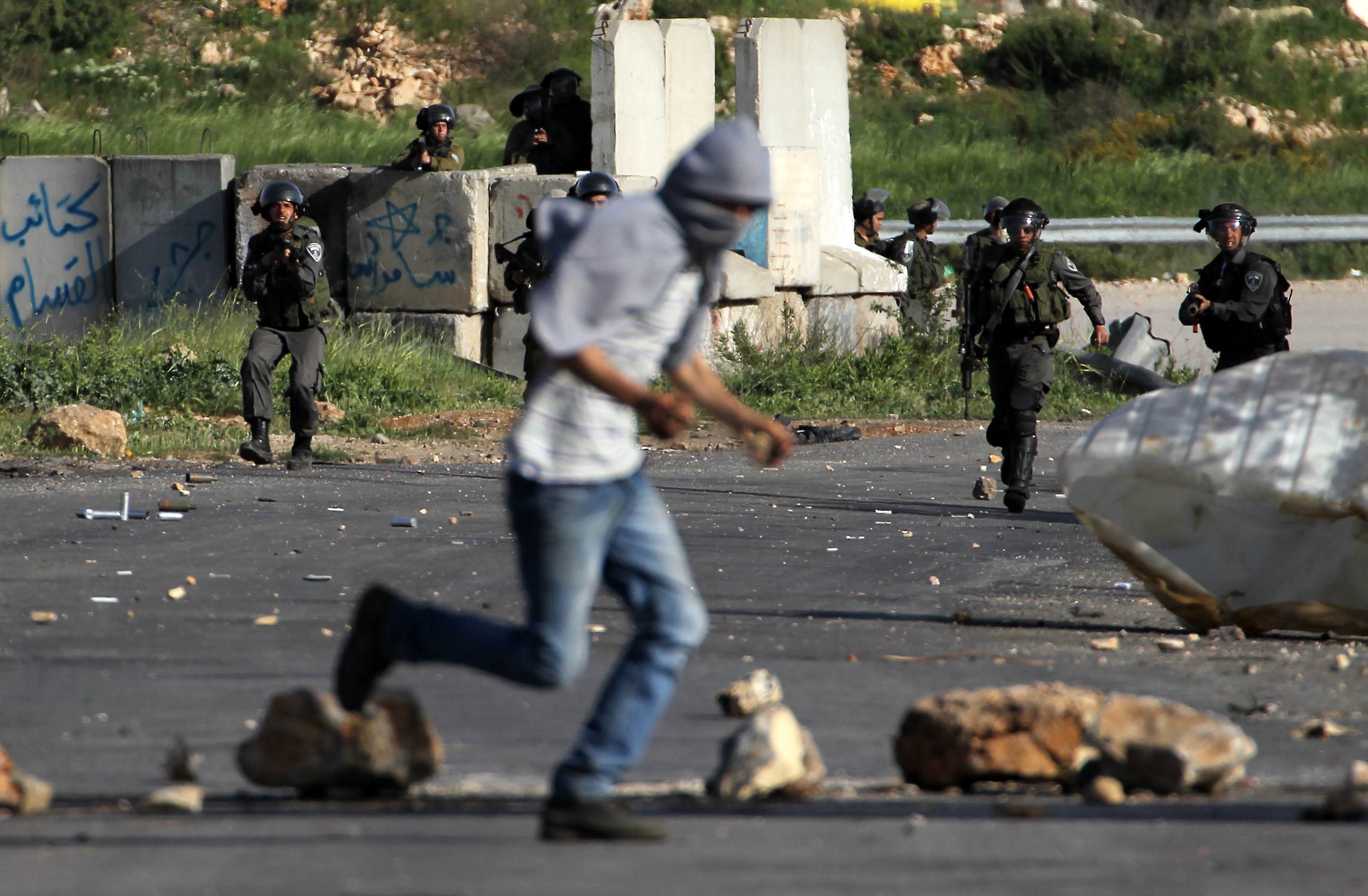JERUSALEM: EU foreign policy chief Catherine Ashton said she was not certain the UN will vote on backing a Palestinian state in September, in an interview with Haaretz newspaper published on Thursday.
Speaking to the newspaper following a visit to the region over the weekend, Ashton said the substance of the resolution which will be put to a vote had not yet been pinned down.
"It will depend very much on what the resolution says as to how the international community in general, and the EU in particular, votes," the European Union’s top diplomat told the paper.
"It is quite possible that that there could be a vote at the UN where the European Union has no difficulty in voting for that," she said, without explaining further.
The Palestinians are hoping to seek UN membership and recognition of their state on the 1967 lines when the 192-member body meets in September.
But the leadership has not yet completed the wording of the resolution, which must be formally submitted by mid-July.
Israel fears such a vote could spark a ‘diplomatic tsunami’ against the Jewish state, and many key figures in the international community are seeking ways to head off potentially volatile developments that may result.
Ashton is working to convene an urgent session of the diplomatic Quartet on the Middle East in the coming weeks, possibly in Washington early July, diplomatic sources in Brussels told AFP.
Before arriving, she sent a letter to her fellow Quartet principals in Washington, Moscow and at the UN, calling for the adoption of a statement consolidating elements of US President Barack Obama’s May 19 speech in which he said talks should be on the basis of the 1967 borders.
In her letter, she said it was critical that the Quartet make a gesture before the summer in order to bring calm to "a volatile situation" and she said it was "no time for unilateral moves" although she did not specifically mention the UN bid.
"My letter was a manifestation of an awful lot of work to try and get the Quartet principles together in order that we can try and put that work that’s been going on to good effect," she said.
A move by the Quartet "might be able to persuade the parties that there is enough support to get back into negotiations," she explained, while stressing the importance of pledging ongoing support for both parties should they return to peace talks.
"One of the most critical parts is not only understanding why the key issues matter so much to each, but them feeling that if they take the risk of being in negotiations, that the international community will stand with them both and see that through," she said.
Direct talks between Israel and the Palestinians collapsed in autumn 2010 in an intractable spat over settlement building, prompting the Palestinian leadership to adopt a diplomatic strategy centering on their bid for UN recognition.


